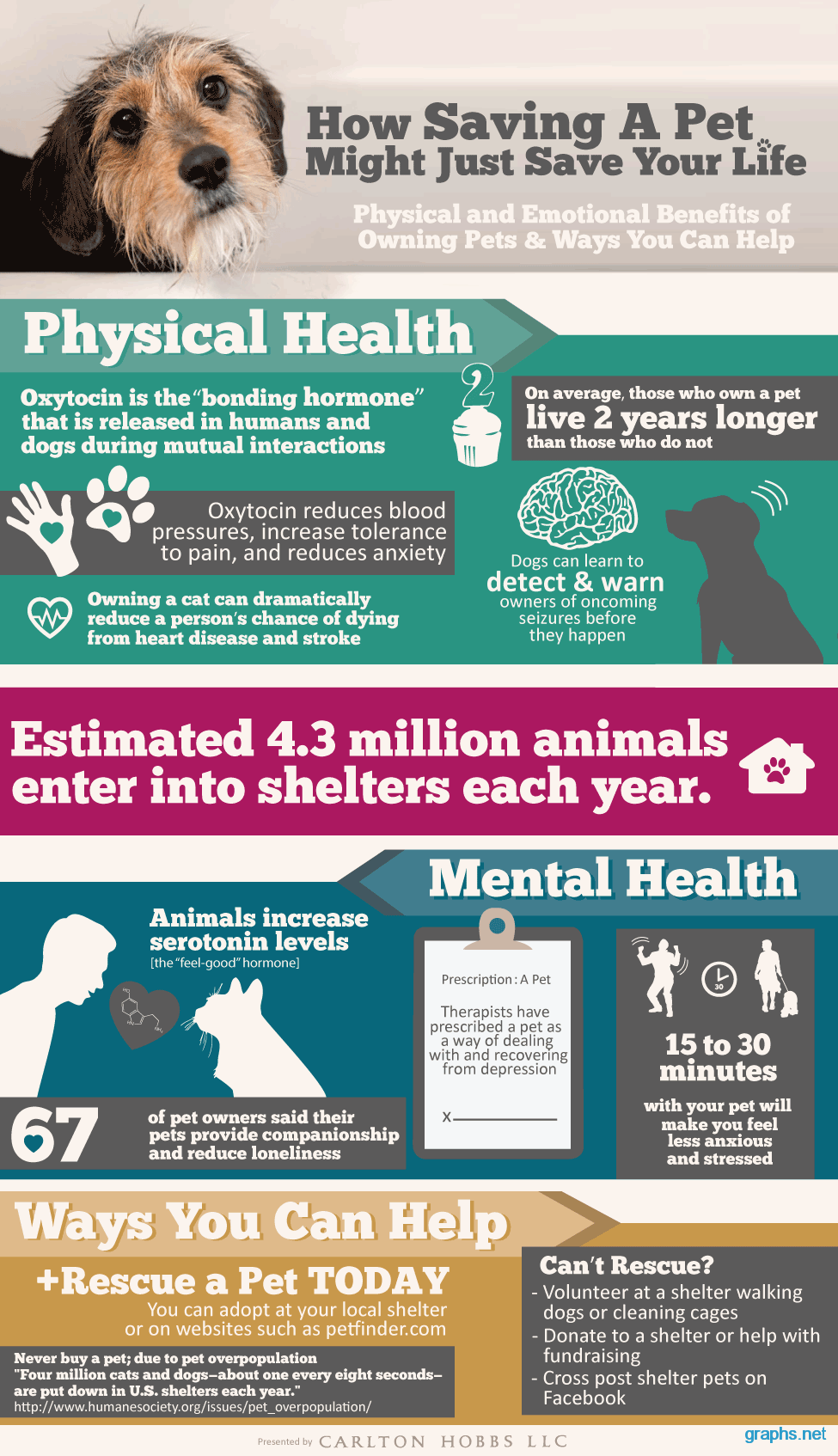Can Dog Daycare Replace Home Playtime
Can Dog Daycare Replace Home Playtime
Blog Article
What Vaccinations Are Required For Canine Day Care?
Whether your pet dogs hang around at childcare or boarding centers, they require to be current on every one of their called for inoculations. Core vaccines include Bordetella, rabies and DA2PP, which guard against common diseases that dogs are exposed to when in close contact with others.
Non-core vaccines consist of canine flu and leptospirosis shots. These are advised for puppies that mingle with other canines frequently.
Core Vaccines
As a crucial part of preventative treatment, pet dog injections help maintain pet dogs risk-free from infectious diseases sent with direct contact or infected surface areas. Injections stimulate the body immune system to produce antibodies that combat disease, and the majority of veterinarians think about core dog vaccinations to be necessary for all animals.
Rabies
Many reliable pet childcare facilities call for that your family pet be up to day on their rabies inoculation. Vaccinations are carried out to young puppies as early as 12-16 weeks old, and boosters are required every three years or so till their adult years. Rabies is a fatal viral condition that spreads via saliva, normally from bites. The majority of states need rabies vaccinations for all pets and cats, and some even mandate rabies boosters for pet proprietors.
Distemper/Parvovirus/Adenovirus (DHPP).
This combination vaccination covers canine distemper, parvovirus, hepatitis, and adenovirus, every one of which are extremely contagious. A lot of veterinary workplaces dog boarding places near me provide DHPP vaccinations as one shot or in a series of 2 to four shots, offered 2-4 weeks apart, adhered to by an annual booster. This vaccination is a demand for the majority of boarding and doggy childcare facilities, along with numerous groomers.
Bordetella/Canine Parainfluenza Vaccination.
Bordetella bronchiseptica, frequently known as kennel cough, is a really infectious respiratory system infection triggered by the microorganisms that triggers the condition. Symptoms consist of persistent coughing, sneezing, nasal discharge, and high temperature. Most kennel cough episodes occur in jampacked environments, such as day care or boarding centers, and are particularly usual in warmer weather. This injection is a need for many childcare and boarding facilities, and is typically supplied in a combination with the DHPP injection.
Leptospirosis Vaccination.
This is a bacterial illness that spreads out through contaminated water, dirt, and pee. Infection can cause kidney and liver damage, along with fatality, and is transmissible to people. The majority of vets will suggest this vaccination, based on geographic area and lifestyle of the pet, for canines that hang around outdoors or at boarding centers, as well as some groomers. This injection is normally administered as a series of two to 4 shots, spaced 2-4 weeks apart, with a yearly booster required for many family pets.
Lyme Condition Vaccine.
The most typical tick-borne condition in the USA, Lyme disease is transferred by the deer tick and can lead to high temperature, joint discomfort, muscle soreness, and loss of appetite. The Lyme illness vaccination protects against the most common stress of the infection, consisting of the H3N8 and H3N2 strains. Most veterinary centers suggest this injection, specifically in risky locations, such as the Northeast, upper Midwest, Mid-Atlantic, and along the Pacific coast.
Noncore Vaccines.
Other canine injections, while not needed for all pet dogs, are recommended based on the dog's lifestyle and geographical place. These include the following:.